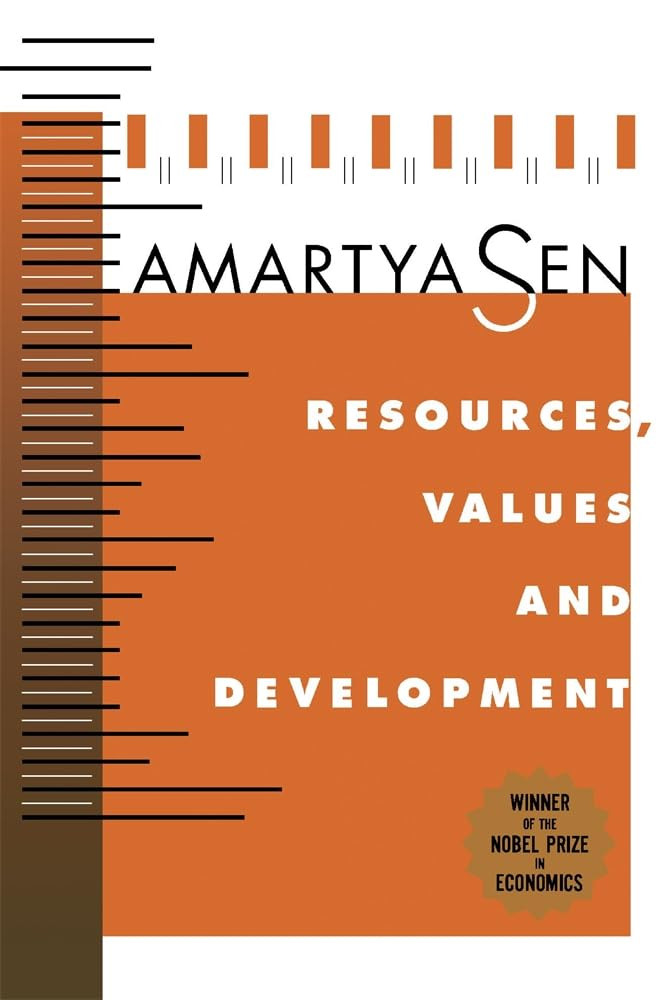
- Teacher: ARAYO SUSAN

- Teacher: ARAYO SUSAN

This course aims at introducing to the students the nature and scope of conflicts in our society along the social, economic and political dimensions and theories about conflict. The genesis of conflicts and the causes shall be examined drawing examples from within and without our society such issues as poverty, unequal distribution of wealth Xenophobia. The effects of conflicts on an individual, community and the state, the social costs and economic losses due to conflict. The interventions that must be put in place to prevent conflicts occurring – human rights education, good governance and democracy, transparency and accountability
- Teacher: ARAYO SUSAN

Course Description
This introductory leadership course aims to give an overview of traditional and contemporary theories of leadership, tracing the evolution of leadership theory to the present emergent paradigm emphasizing leadership identity development and relational processes of Leadership. The implications of the theories for leadership practices are also examined. The course also highlights the complexities and uncertainties of leadership in contemporary society. Pertinent issues as leadership styles, attributes, skills are presented and discussed along with the impact of the environment (such as community, organization, and society on leadership. Thus, locating leadership practices within the wider organizational context. Disciplines such as leadership studies, social psychology, organization theory, strategic management provide the wide range of perspectives to be discussed. Other topics examined in this course include; social responsibility and, leadership ethics etc.
- Teacher: ARAYO SUSAN
